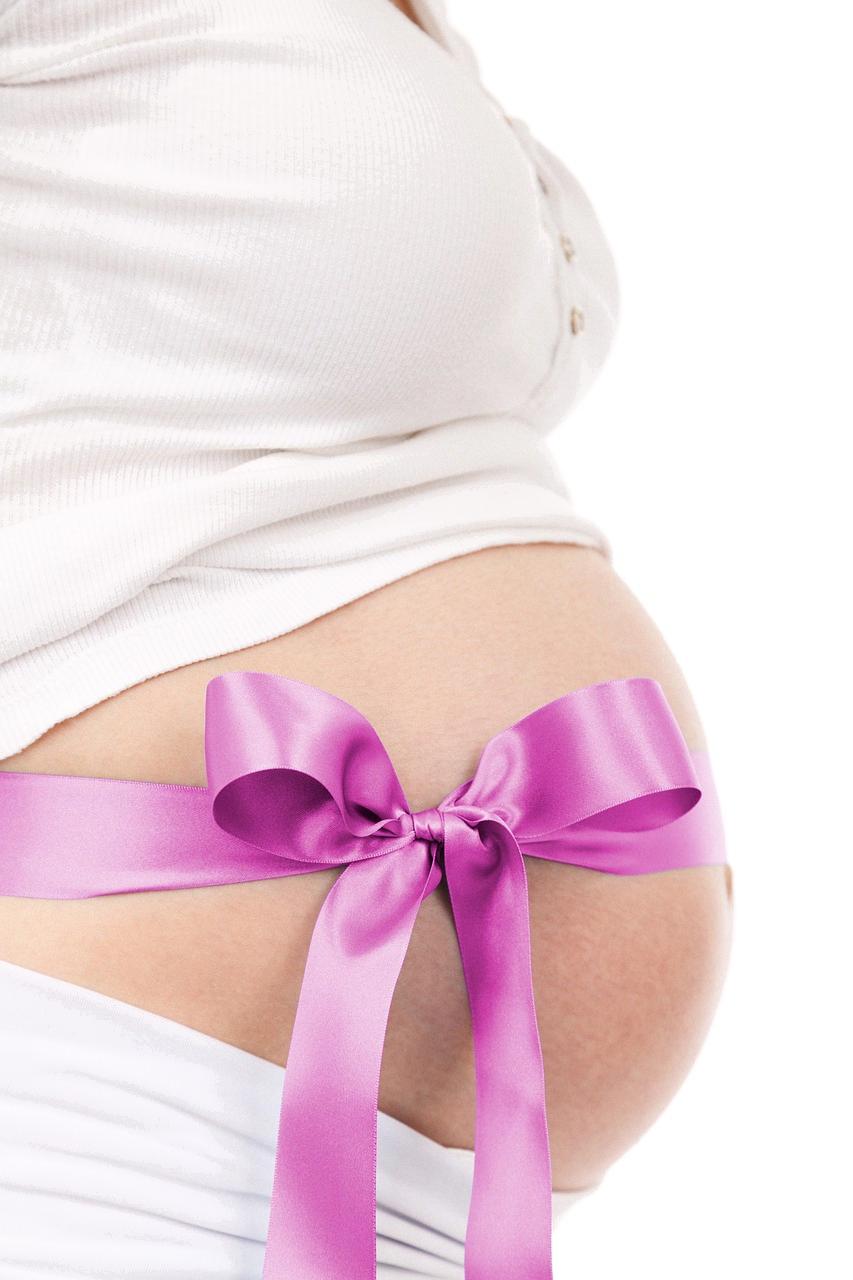When it comes to babies and chickenpox, it’s essential to recognize the potential risks and complications that can arise. Although most cases of chickenpox in babies are mild, there are instances where the virus can lead to more serious health issues.
One of the primary concerns when it comes to chickenpox in babies is the risk of bacterial infections of the skin or soft tissues. The blisters caused by the virus can become infected if not properly managed, leading to further complications and potentially requiring medical intervention.
Another possible consequence of chickenpox in babies is the risk of permanent scarring of the skin. This is particularly common if the baby scratches the blisters, which can lead to lasting marks on the skin. It’s crucial to keep the baby’s nails trimmed and to prevent them from scratching the affected areas.
Pneumonia is another potential complication of chickenpox in babies. The virus can affect the respiratory system, leading to inflammation in the lungs and potentially causing pneumonia. This can be particularly dangerous for young infants, as their immune systems may not be fully developed.
Inflammation of the brain, also known as encephalitis, is a rare but severe complication of chickenpox in babies. This condition can lead to significant neurological issues and requires immediate medical attention. It underscores the importance of monitoring babies with chickenpox closely and seeking medical help if any concerning symptoms arise.
It’s crucial for parents and caregivers to be vigilant when it comes to chickenpox in babies. While most cases resolve on their own without serious consequences, the potential risks and complications highlight the importance of seeking medical advice and following recommended protocols for managing the illness.
If a baby does contract chickenpox, it’s essential to follow the guidance of healthcare professionals and to provide supportive care to help alleviate symptoms and prevent complications. This may include administering appropriate medications, keeping the baby comfortable, and monitoring for any signs of deterioration.
Preventing the spread of chickenpox is also critical, especially when it comes to protecting vulnerable populations such as babies. Ensuring that the baby is isolated from others who may be susceptible to the virus and practicing good hygiene can help reduce the risk of transmission.
Overall, while chickenpox can be a relatively benign illness in many cases, it’s vital to be aware of the potential risks it poses to babies. By staying informed, taking proactive measures to prevent infection, and seeking prompt medical attention when needed, parents can help safeguard their little ones against the potential complications of chickenpox.

